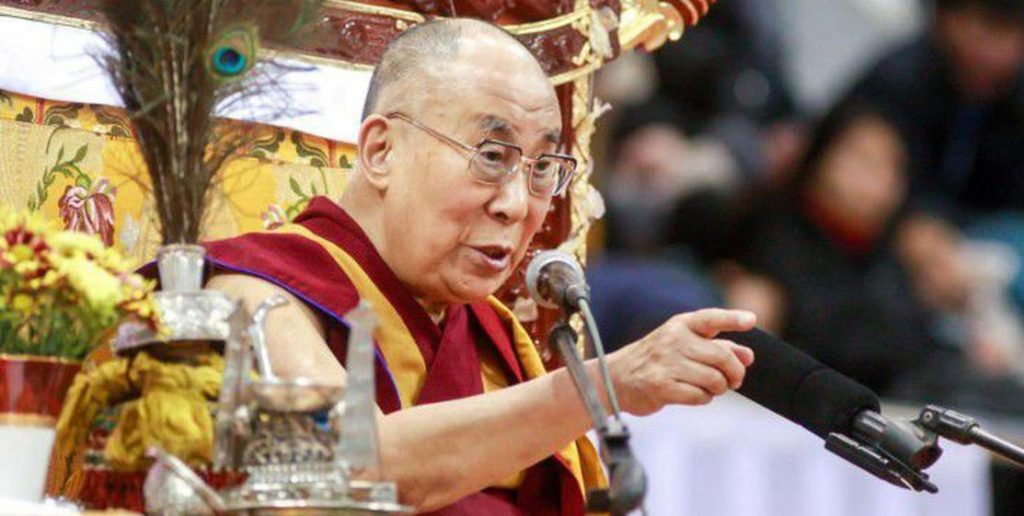Beijing: China last week made clear that India’s “no” to recognise the Dalai Lama’s successor chosen by Beijing will hurt the bilateral ties that have been on an upswing recently.
Beijing has time and again asserted that the 14th Dalai Lama has no say in appointing his successor and it is the prerogative of the Chinese government.
The Chinese government, which is striving to sinicize Buddhism and harness it as a soft power, cannot afford to let the next Dalai Lama to be chosen by the present one, who has been living in exile in India — its strategic rival that has long played this trump card against China.
A villain for Beijing, he is the most revered Buddhist monk in the world.
India is home to some 100,000 Tibetans, many of whom fled Tibet along with the Dalai Lama in 1959 after the Chinese army crushed a revolt.
India’s granting refuge to the monk, who has spoken openly about Chinese repressive policies in Tibet has tarnished China’s image. China would never want that lineage to continue.
Beijing has time and again said it will never recognise the 14th Dalai Lama’s choice and will appoint the next in line with the conventions set by the Chinese emperors.
The current Dalai Lama was chosen by the disciples of the 13 Dalai Lama after his death. Renamed Tenzin Gyatso, who turned 84 this month, was four and half years old then.
But in 2011, the Chinese government announced the right to appoint the next Dalai Lama lies with it and no one else.
This was re-asserted by the Mandarins and a Chinese think tank when a delegation of Indian newsmen visited Lhasa, the capital of Tibet.
The officials also warned that India’s interference in the process of the appointment of the next Dalai Lama would jeopardise the bilateral ties.
“The current Dalai Lama was recognized by Beijing and his successor must be found through the ‘draw of lots in the golden urn process’ within China.
“The Dalai Lama’s reincarnation is not decided by his a personal wish or by some group of people living in other countries,” Wang Neng Sheng, Director General at the government of Tibet Autonomous Region said.
Zha Luo, director at Beijing-based think tank China Tibetology Research Centre, did not mince words when what if New Delhi does not accord legitimacy to Beijing choice.
“It will be a major political difference that would impact bilateral relations and any wise political leader wouldn’t do that,” said Zha.
IANS



